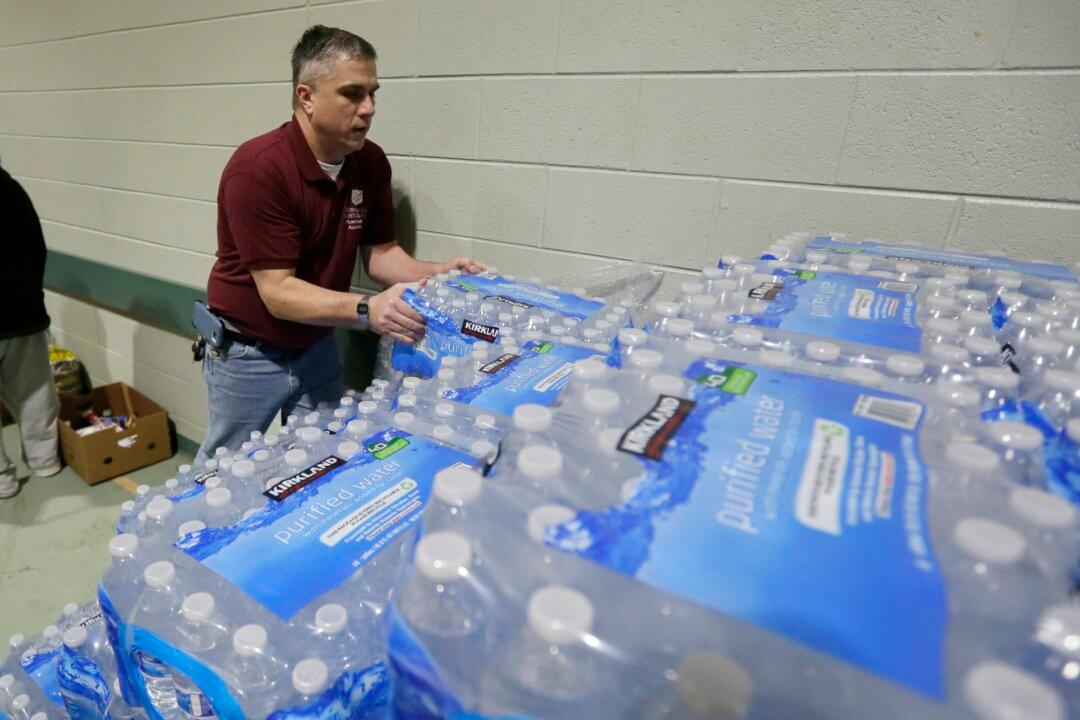LANSING, Mich.— The Michigan attorney general’s investigation into the process that left Flint’s drinking water tainted with lead is drawing bipartisan criticism, with a Republican leader saying Tuesday that it duplicates the work of a state task force and Democrats questioning whether the special counsel will be impartial.
Meanwhile, the crisis has attracted the attention of the United Nations, which is “looking at the human implications closely,” according to Baskut Tuncak, a UN expert on hazardous substance and waste. And national and local NAACP leaders are planning to reveal Tuesday what they call a “15-point priority plan” created with Flint residents’ input to address the health emergency.
Senate Majority Leader Arlan Meekhof said Tuesday that the probe into Flint — which Attorney General Bill Schuette said Monday will be led by a former assistant prosecutor for Wayne County and a retired head of Detroit’s FBI office — should wait until a panel appointed by Republican Gov. Rick Snyder finishes its work.






